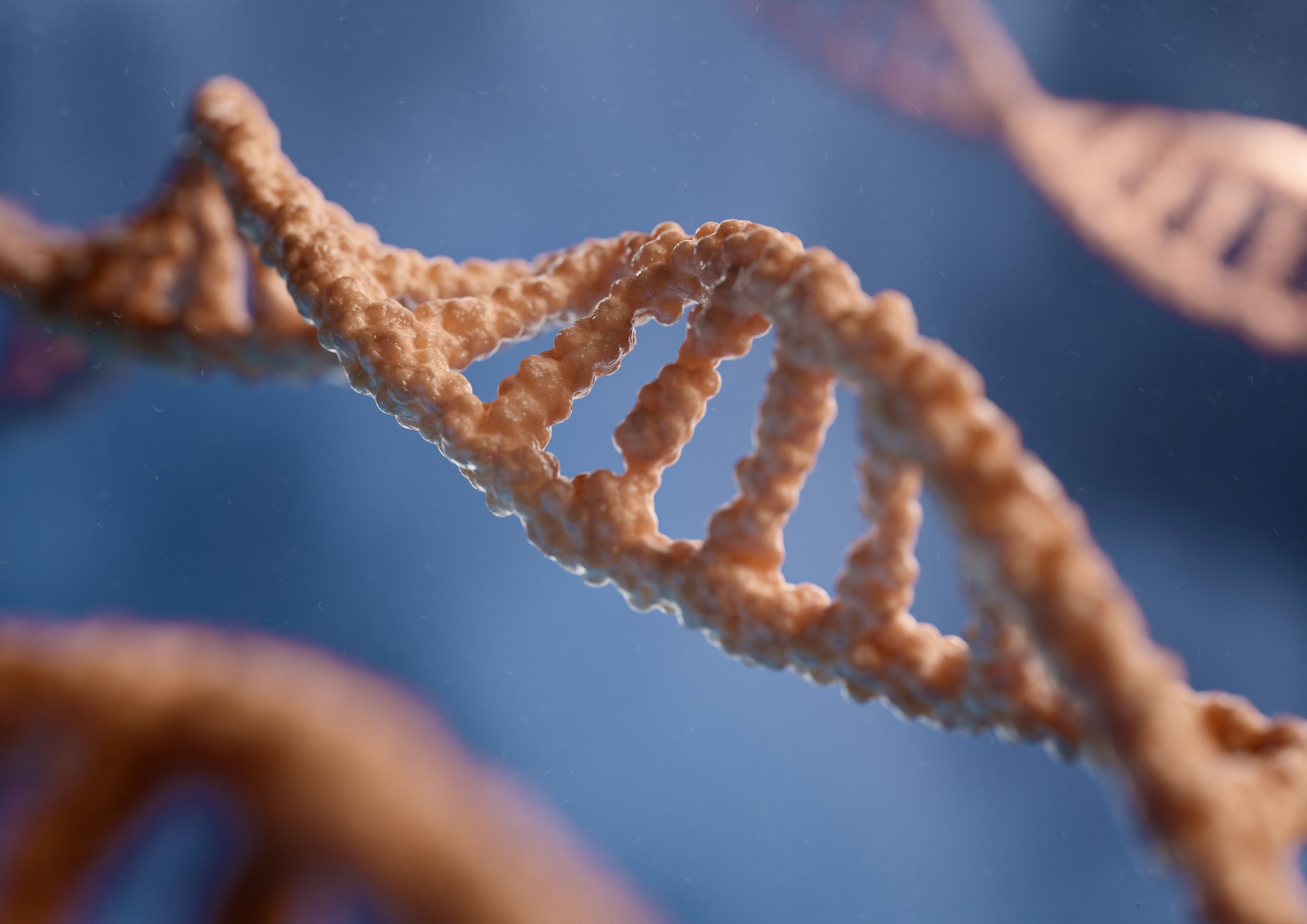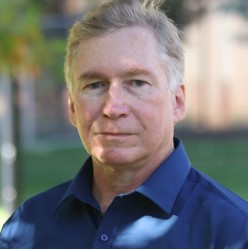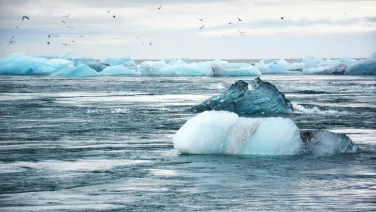
Computational modelling and detection of families of deeply conserved RNA structures in vertebrates.
We have previously developed the EvoFam computational pipeline [1,2] for detecting paralogous families of structured cis-regulatory regions transcriptome-wide in mammals, using mutational information across deep vertebrate alignments. Presented by Dr Brian Parker
Speakers
Event series
Content navigation
RegisterDescription
We have previously developed the EvoFam computational pipeline [1,2] for detecting paralogous families of structured cis-regulatory regions transcriptome-wide in mammals, using mutational information across deep vertebrate alignments. I will discuss our recent work in exploring deep neural network approaches in EvoFam2, and recent biological validations of discoveries from our models. [1] Parker BJ, et al. "New families of human regulatory RNA structures identified by comparative analysis of vertebrate genomes", Genome Research. 2011, 21(11):1929-43. [2] Lindblad-Toh K, et al. "A high-resolution map of human evolutionary constraint using 29 mammals". Nature. 2011, 478(7370):476-82
About the speaker

Brian’s research is in computational biology, applying advanced statistical, mathematical, and algorithmic methods to discover and understand new biology. In particular, post–transcriptional RNA-based gene regulation mechanisms genome-wide. His work has led to the discovery of new regulatory mechanisms in liver metabolism and immunity. His areas of theoretical focus include; comparative genomics, hidden state probabilistic models, machine learning and deep neural networks, functional data analytic models, and algorithmic graph theory.
Location
Online






